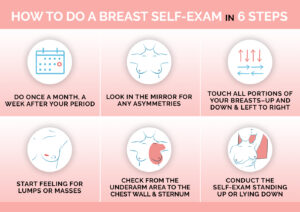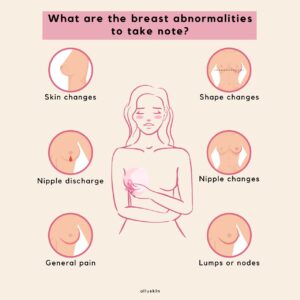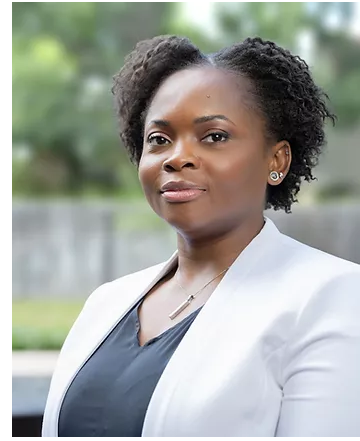Breasts are one of the most adored parts of the woman’s body. Not just by the woman herself but her future babies and spouse. It is an important part of the body that provides milk to babies and its aesthetic appearance in clothes and for sexual pleasures. However, its health is equally important to feel whole in a feminine way.

Briefly, our breasts comprise of two mammary glands surrounded by fatty tissue, milk-producing glands (ducts, lobules), the nipple and the areola (dark part of the outer breast surrounding the nipple). Each of these parts of the breast can be affected by any disease process. We all remember as kids when we never paid attention to our chests until we hit puberty and slowly started to notice bumps on our chest that progressively grew into fuller, rounder structures which brought our feminine shape.
Our appearance in clothes changed, and we started to incorporate bras and other breast support lingerie into our life. We eventually got used to our breasts and somewhat neglected them until a doctor at one point in our life brought to our attention “your breast health”.
Now, what is breast health, and why should you care about it. Breast health is the aspect of medicine that focuses on breast diseases such as infections, cancer, lumps and abnormal nipple discharge, e.t.c.
The reason to care about your breasts from a medical perspective is to decrease the biggest risk of losing your breasts through mastectomy (surgical removal of breasts), which is one of the hardest and most painful experiences any woman can go through.
To be on top of your breast health, ensure following up with yearly breast examinations by your doctor, who could either be your primary care provider or gynaecologist. Also, you can perform frequent breast exams by yourself; a good picture is below on how to perform this. Also, avoid tobacco use, tight-fitting bras, and use of hormonal therapies.

Also Read: A Doctor Speaks On: Vaginal Dryness
Most importantly, at the age of 50., It is advised by the World Health organization to get mammograms to screen for breast cancer. It is simply a specialized X-ray of your breasts that can catch breast cancer early. Also important if you have a family history of breast cancer in your mother, grandmother, aunts, or sisters.
I would advise knowing the age that a family member was diagnosed and getting your mammograms earlier than the average age. There is a genetic predisposition to breast cancer, and one’s risk is increased when a first-degree family member is affected; in those cases, advised to get genetic testing to gauge your risk.
Some of the symptoms include breast pain, nipple tenderness or dimpling or puckering of the skin, and hard fixed lumps.

Breast abnormalities
In conclusion, know how your breasts look when it is normal in appearance so you can recognize when something is wrong. Then, be frequent with your yearly doctor visits for an annual breast exam, perform regular breast exams on yourself, and follow up with breast cancer screenings. Enquire about breast cancer family history to know if you are at higher risk and, finally, avoid certain risk factors that can increase your risk of breast diseases. Stay healthy, Ladies.
Dr Amaka Obi is a practising MD in the field of Internal Medicine in the United States. She is the sole founder of HEALTHAMAKA, a health and wellness brand that encompasses one’s physical, mental and emotional health. She is known to host regular health talks on twitter spaces. She is passionate about health education, relationship coaching, skincare and wellness. You can connect with her on Facebook and Twitter at @healthamaka.



